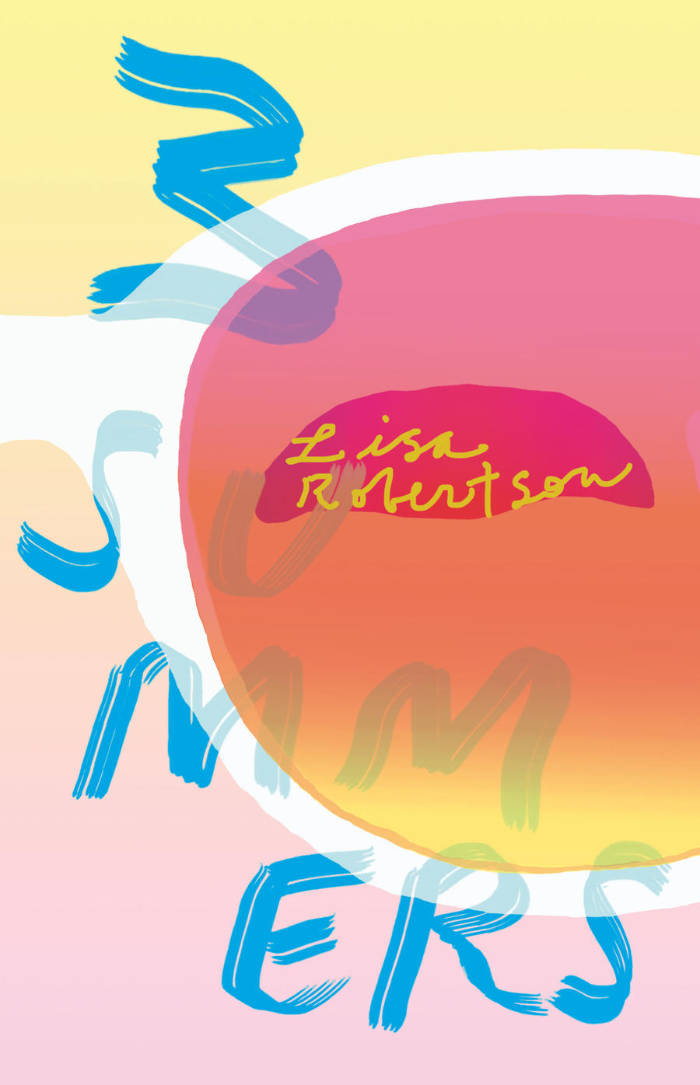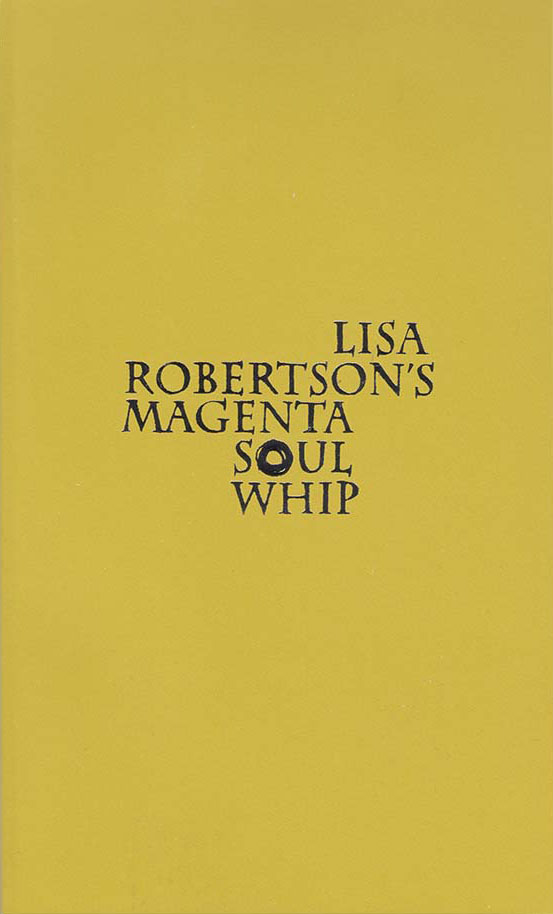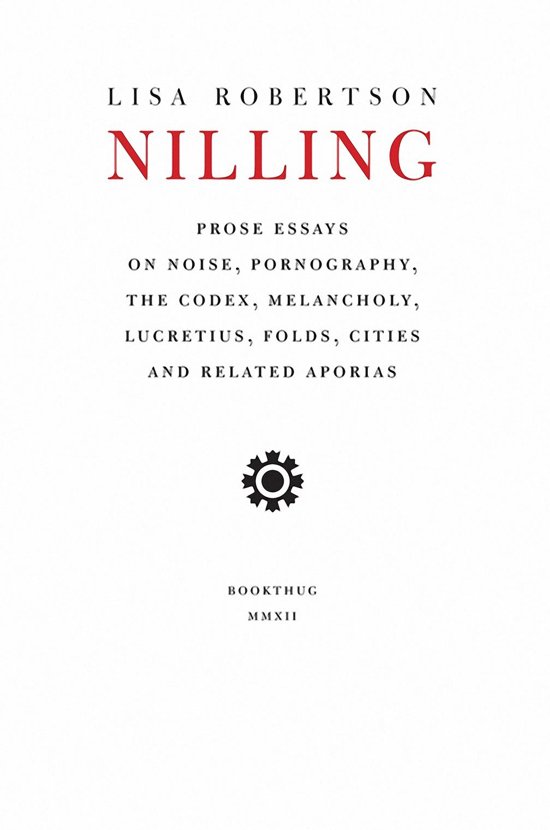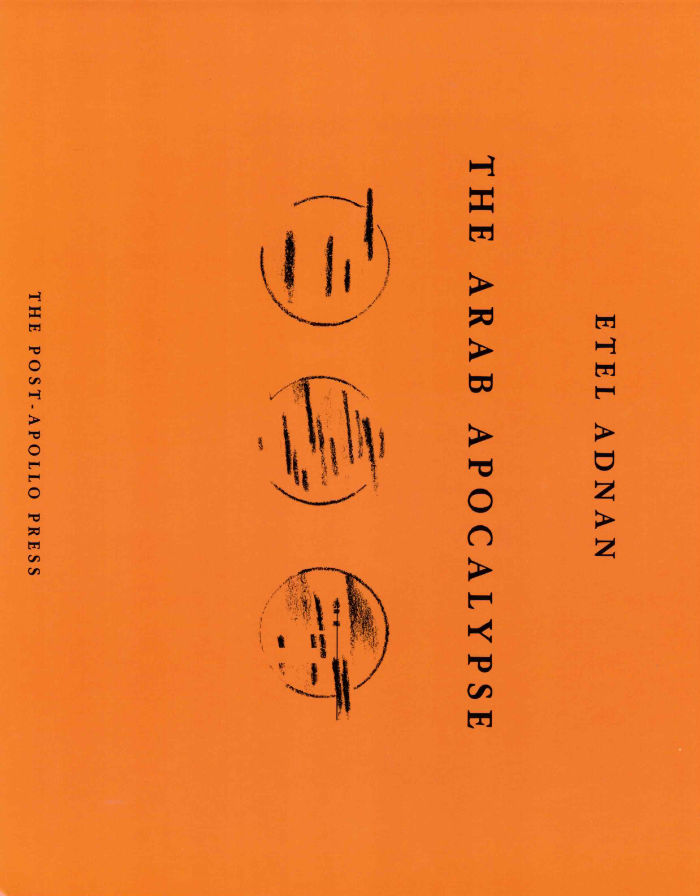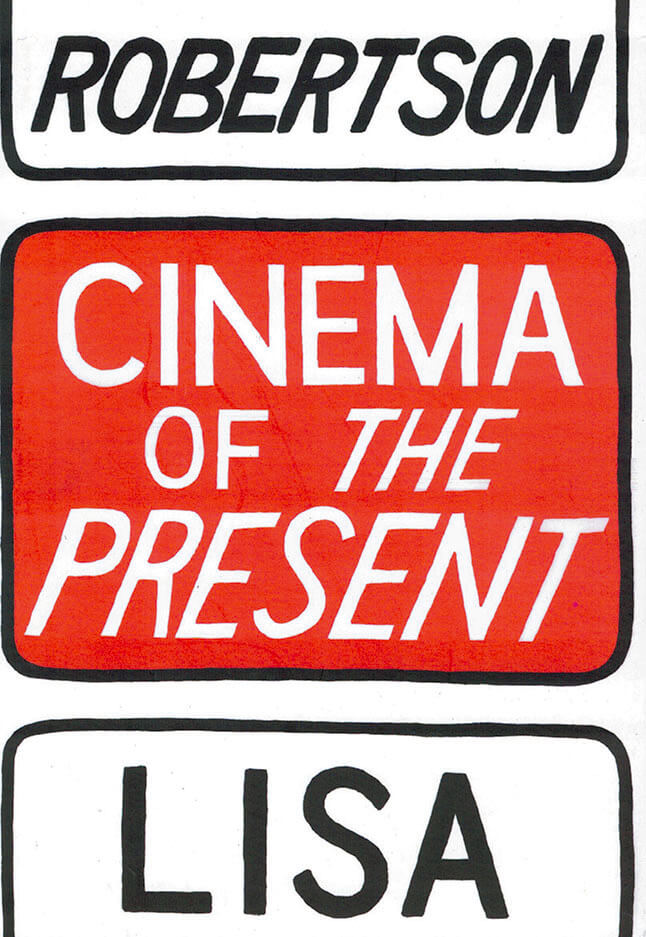
Cinema of The Present
What if the cinema of the present were a Möbius strip of language, a montage of statements and questions sutured together and gradually accumulating colour? Would the seams afford a new sensibility around the pronoun ‘you’? Would the precise words of philosophy, fashion, books, architecture and history animate a new vision, gestural and oblique? Is the kinetic pronoun cinema?
These and other questions are answered in the new long poem from acclaimed poet and essayist Lisa Robertson. The book is available with four different back covers, designed by artists Hadley + Maxwell.
Language: English
